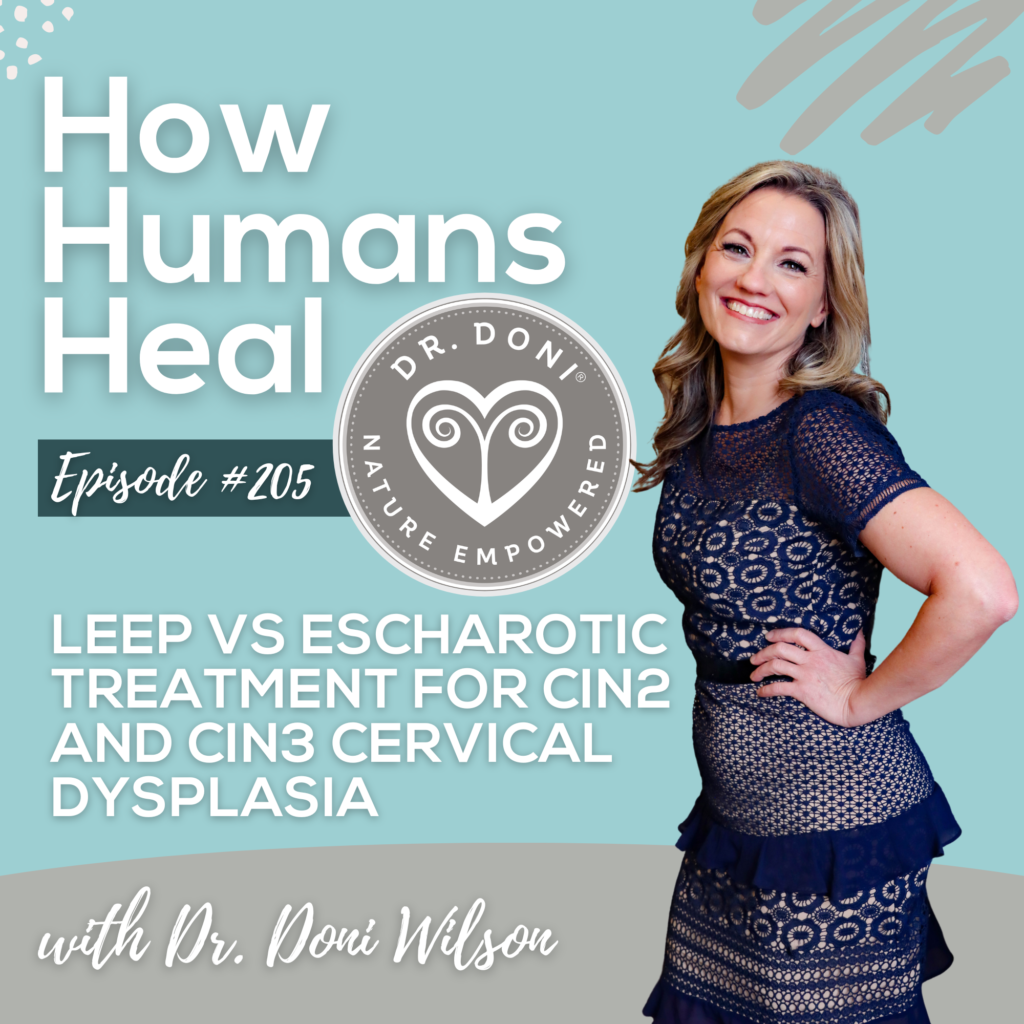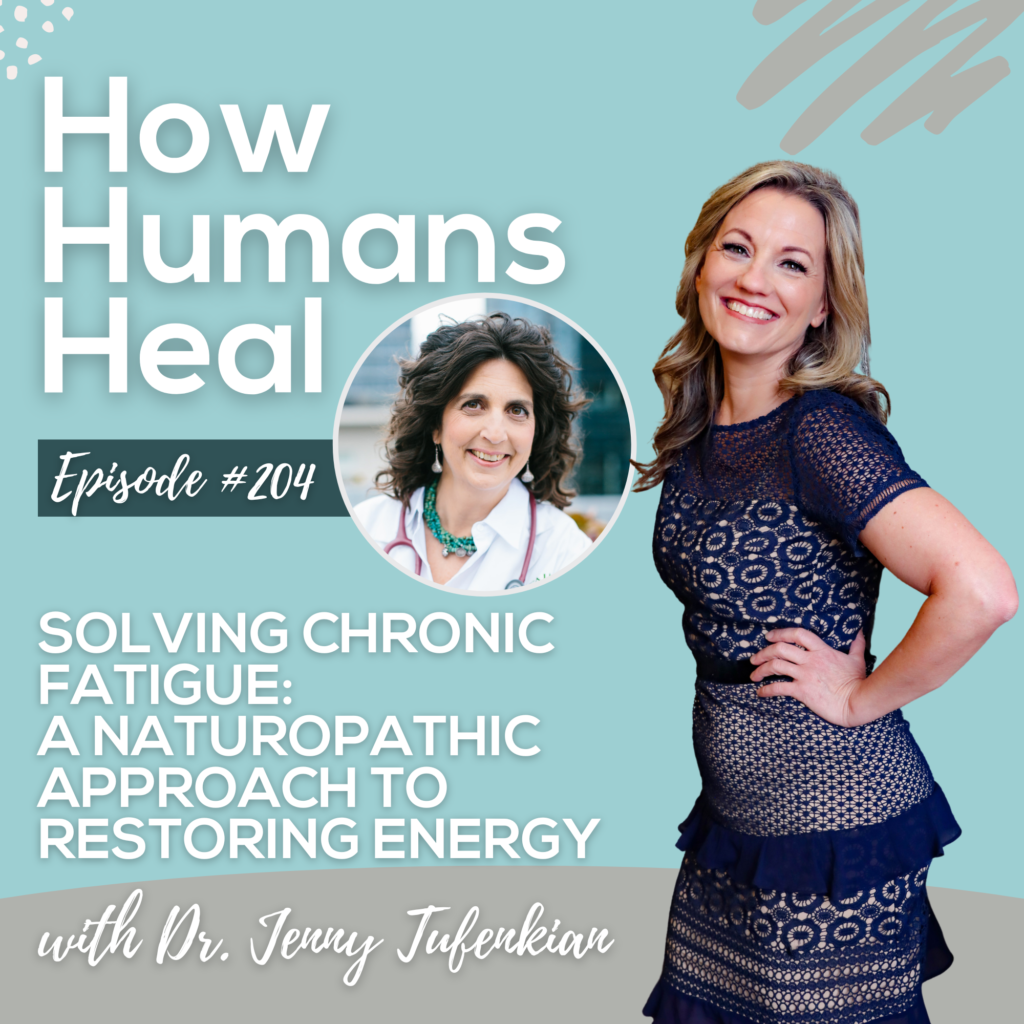
Is Spring-Time Causing Allergies for you?
- Home
- Uncategorized
- Is Spring-Time Causing Allergies for you?
 Do you WISH you could go outside and enjoy the new green leaves, but know that you’ll be sneezing your head off?
Do you WISH you could go outside and enjoy the new green leaves, but know that you’ll be sneezing your head off?
I’ve been there! But not this year.
Here is a link to the products that have helped me the most when allergies take over.
“How could these natural products help with allergies?” you might ask.
I start by looking at the science and physiology. Allergic symptoms (watery, itchy eyes, sneezing, congestion) are created when histamine is released from white blood cells, called Mast cells, when they are triggered by something in the environment (could be dust, mold, pollen or even foods).
Anything that blocks the release of histamine would stop the symptoms, including vitamin C, bioflavonoids (the stuff that makes fruits and vegetables colorful) – such as quercetin and hesperidin methyl chalcone (HMC) – and herbs like nettles. They even make nasal sprays containing substances that block histamine – one of my favorites is NasalCrom.
Put them all together and you are more likely to get a stronger effect.* The good news is that these natural anti-histamines don’t cause drowsiness or dryness like their pharmaceutical counterparts.
Also, remember! that food intolerances increase the likelihood of environmental allergies – so it can make all the difference in the world to avoid food intolerances such as dairy products.
An analogy I find helpful is to imagine a cup of water. When you add up the various stresses on your system, is your cup almost full or spilling over? And when you add spring pollen to the mix, it is even more likely to spill over.
So our goal becomes to identify the stresses that we can eliminate, and thus, empty out the cup a bit and make it less likely to spill into symptoms.
If you need your food intolerances tested in order to identify the food stresses that may be increasing your allergies, click here to order a kit you can do yourself.
And if you need more help, set up a time here for us to meet.
It is possible to enjoy Springtime! I’ve even been inspired by patients who garden – and planted a garden!
*Please keep in mind that any and all supplements—nutrients, herbs, enzymes, or other—should be used with caution. My recommendation is that you seek the care of a naturopathic doctor (with a doctorate degree from a federally-accredited program) and that you have a primary care physician or practitioner whom you can contact to help you with individual dosing and protocols. If you ever experience negative symptoms after taking a product, stop taking it immediately and contact your doctor right away.
Share this Post:
Dr. Doni Wilson's Team
14 Day Detox Program
Take the Stress Type Quiz
Dr. Doni Social Media
Popular Posts


The 5 Burnout Types

Healing HPV Holistically: Dr. Doni on the Inspire Health by Jen Podcast

Recent Podcasts
Signup to receive our weekly newsletter with all the latest news, podcasts and special offers
New Book - Order Today!

SIMPLE PRACTICES for SHIFTING FROM YOUR STATE of STRESS to YOUR FLOW and FREEDOM
MASTER YOUR STRESS
RESET YOUR HEALTH
Order Now! Related Posts

What is making you susceptible to HPV?
I have been working with women who had abnormal cells on their cervix and/or vaginally, caused by HPV for over 20 years now. And while

The 5 Burnout Types
Did you know there are 5 burnout types? They are based on your Stress Type®, which is how your adrenal function has been affected by

Healing HPV Holistically: Dr. Doni on the Inspire Health by Jen Podcast
Dr. Doni was interviewed by Jen Ciszewski on the Inspire Health by Jen Podcast, talking about how to heal away HPV from your body for good.

Stress and Trauma: The Science Behind It, How It Shows Up and How to Heal: Dr. Doni on The Burn Fat and FEAST Podcast
Dr. Doni was interviewed by Sarah B. Thomas on the Burn Fat and FEAST Podcast, talking about the impact of stress and trauma on our health and what to do to recover from them.














